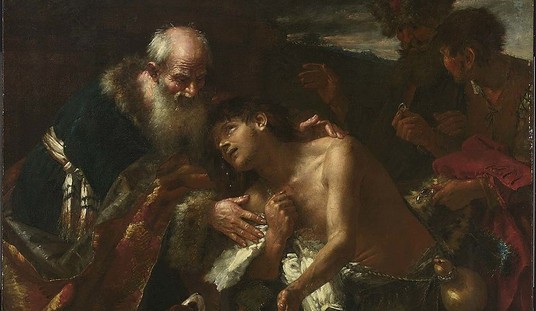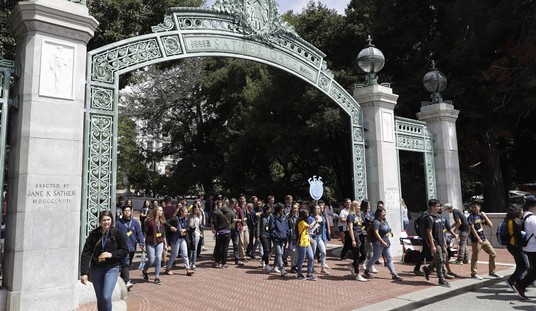The Institute for Justice will fight another interesting case on business licensing, this time in Oregon, where an 80-year-old barber with 50 years experience has been told he needs to go back to school to qualify for his license. Just as in the case of Louisiana casket makers and tour guides in Philadelphia and Washington DC, licensing laws that threaten to kill a 50-year small business demonstrates the unholy alliance between Big Business and Big Government at the state level:
The Wall Street Journal has a timely report on the phenomenon:
“Occupations prefer to be licensed because they can restrict competition and obtain higher wages,” said Morris Kleiner, a labor professor at the University of Minnesota. “If you go to any statehouse, you’ll see a line of occupations out the door wanting to be licensed.”
While some states have long required licensing for workers who handle food or touch others—caterers and hair stylists, for example—economists say such regulation is spreading to more states for more industries. The most recent study, from 2008, found 23% of U.S. workers were required to obtain state licenses, up from just 5% in 1950, according to data from Mr. Kleiner. In the mid-1980s, about 800 professions were licensed in at least one state. Today, at least 1,100 are, according to the Council on Licensure, Enforcement and Regulation, a trade group for regulatory bodies. Among the professions licensed by one or more states: florists, interior designers, private detectives, hearing-aid fitters, conveyor-belt operators and retailers of frozen desserts. …
But economists—and workers shut out of fields by educational requirements or difficult exams—say licensing mostly serves as a form of protectionism, allowing veterans of the trade to box out competitors who might undercut them on price or offer new services.
Coincidentally, Rasmussen will have a poll out later today showing that voters have connected the dots on this partnership. More than two-thirds of voters (68%) believe that Big Business and Big Government work together to stifle competition and carve out as much of the economy for each other as possible. The issue usually gets framed in terms of “corporate welfare” and tax breaks, but at the state level, licensing is a much more efficient way to handicap small players and start-ups from competing against well-capitalized larger ventures.
That doesn’t just benefit the big players in a market, either. States strapped for cash have expanded licensing laws and fees to grab more revenue where they can. It’s no accident that licensing has increased almost fivefold over the last sixty years. Those laws allow the state to find new sources of revenue as well as create more bureaucratic jobs that give public-sector unions more opportunities for their own revenue enhancements. It’s win-win all the way around for everyone but taxpayers and small operators in licensed markets.







Join the conversation as a VIP Member